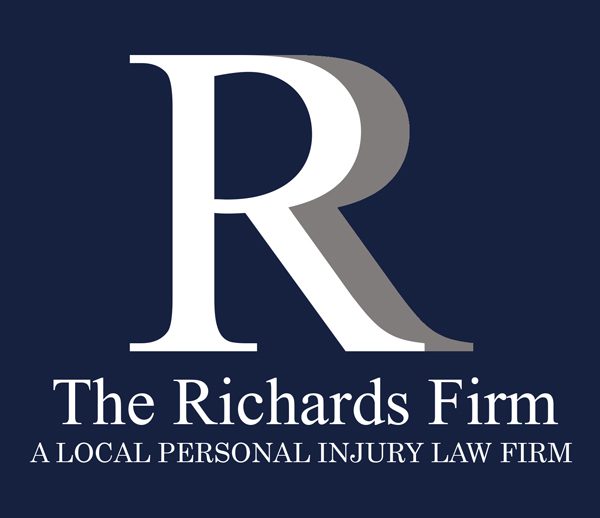When a company provides a product to the general public, it is responsible for the safety of the people who enjoy that product. The consumer trusts that the product will not pose a threat when the product used reasonably and with any warnings in mind.
Unfortunately, oversights can happen, or worse, companies know that their product is dangerous and simply don’t care to take precautionary steps. In these cases, a company is legally responsible for any injuries resulting from their product. This is where product liability lawsuits come into play.
The McDonald’s hot coffee case (Liebeck v. McDonald’s Restaurants) is one of the most well-known products liability cases of all time. Sadly, it’s also one of the most misunderstood.
The typical story goes that a woman spilled her McDonald’s coffee on herself while driving and proceeded to sue McDonald’s for millions of dollars over something that was essentially her fault. The case is typically used to illustrate how people pass blame and manipulate the courts to get rich. It’s also sometimes shared as the reason why coffee cups say “Caution: Hot Coffee.”
Some parts of this version are broad generalizations. Other parts are outright lies. The actual story underlies the challenges that injured parties often face when they suffer at the hands of large corporations.
The True Story of the McDonald’s Coffee Case
On February 27, 1992, a 79-year-old woman named Stella Liebeck ordered a cup of coffee at a McDonald’s drive-thru in Albuquerque. Stella was not driving the car. She was actually sitting in the passenger’s seat while her grandson drove. After receiving their order, the grandson pulled over and stopped the car so that Stella could add cream and sugar to her coffee.
The car they rode in didn’t have cupholders, so Stella held the coffee between her knees. As she attempted to remove the lid, the cup fell towards her, spilling the entire contents onto her. Stella was wearing sweatpants at the time which quickly absorbed the scalding contents and burning her legs, buttocks, and surround areas.
She was immediately taken to the hospital where doctors found 16% of her body had been burned, with 6% of her body covered in severe third-degree burns. At one point, they weren’t sure if she would live, but thankfully, she pulled through. Stella underwent skin grafts, which left her partially disabled for two years and permanently disfigured for the rest of her life.
During the discovery stage of the litigation, Stella’s attorneys learned that the coffee at that McDonald’s (as well as many other McDonald’s) was being kept at 190 degrees, which is nearly boiling. In the ten years prior to the incident, McDonald’s had received over 700 complaints regarding coffee burns, and yet had taken zero action. Keeping their coffee hot allowed it to stay fresher longer, saving them the expense of having to throw out old coffee.
When Liebeck originally approached McDonald’s, she just asked for $20,000 to cover her current medical expenses and lost wages. McDonald’s countered with a meager $800. The case went to court.
The most damaging testimony against McDonald’s came from its quality assurance manager who testified that McDonald’s required restaurants to keep the coffee pot at 185 degrees. He admitted that a burn risk existed at temperatures over 140 degrees, but he assured the jury that McDonald’s had no plans to reduce the temperature of its coffee.
After hearing the case, the jurors felt Stella should be awarded $200,000 in compensatory damages and $2.7 million in punitive damages (the equivalent of two days’ worth of McDonald’s coffee revenues). However, the final amount was ultimately reduced to less $160,000 in compensatory damages and $480,000 in punitive damages by the judge. The judge did conclude that McDonald’s conduct was “reckless, callous, and willful.”
Though she won her case, Stella never fully recovered from the incident, and much of the proceeds from the judgment went to covering lifelong health and nursing expenses. To make things worse, McDonald’s legal team secretly campaigned to undermine the case and the final verdict, spreading exaggerations and falsehoods across media. The case almost immediately become a running joke in the news and on talk shows.
As for the temperature of McDonald’s coffee, a post-verdict investigation showed that the Albuquerque McDonalds had reduced their coffee’s temperature to 158 degrees. At this temperature, a person would theoretically have enough time to react to a spill before severe burns occurred.
The Sad Truth About Faulty Products and Corporate Liability
People are constantly injured by the products and services provided by larger companies. Though companies are often aware of these injuries, they may rationalize not taking action if doing so will have a significant financial burden. Meanwhile, they have legal teams employed that work hard to undermine, discredit, and underpay legitimate claims brought by injured people.
If you have been injured due to the actions or negligence of another party, you need an experienced attorney on your side to make your case.
At The Richards Firm, we work hard to make the legal system more accessible to everyday people in need of quality legal representation. Don’t let your needs to be silenced. For a liability attorney in the Hamilton, Ohio area, contact The Richards Injury Firm today!
